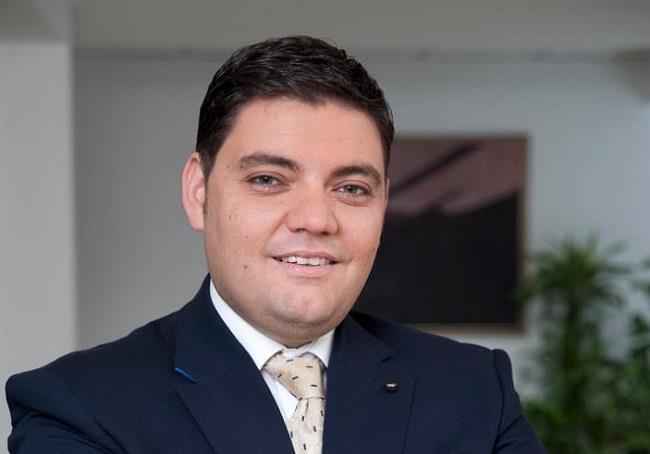A draft bill aimed at tackling food waste has been presented to President Marie Louise Coleiro Preca for her support.
The draft bill, presented by Valletta Mayor Alexiei Dingli, proposes that food about to expire in supermarkets be sent to volunteer organisations and NGOs who serve food to those less fortunate, instead of being thrown away.
The bill, Mayor Dingli told this newsroom, is closely based on the French law introduced back in 2016, which forbids French supermarkets from throwing away or destroying unsold food, forcing them to donate to charity and food banks instead.
Dingli said the President was supportive when he presented her with the draft bill.
According to international reports, under a law passed unanimously by the French senate, large shops were no longer allowed to throw away good quality food approaching its best before date.
Mayor Dingli said that he had the law translated into Maltese, and with the backing of the Valletta local council, has submitted it to the President of Malta.
Dingli told this newsroom that there is a foodbank in Valletta that risked closure due to a lack of supplies. In addition, a soup kitchen is expected to open in Valletta later this year, he said. Both the food bank and the kitchen would, under the bill, be entitled to food which is soon to expire – but not yet expired – from supermarkets in order to serve to less fortunate people.

While the details of Dingli’s proposal cannot be released at this time, he did stress that the proposal is extremely similar to the French law.
Dingli described poverty as an issue which needs to be solved. “I've seen the sprouting of various initiatives (parish collection, food banks, soup kitchens, etc) to help those in need but not all of them are sustainable and some of them risk closing down,” he told this newsroom.
“Because of this, a few years ago I contacted Arash Derambarsh, the person who started the French movement to forbid food waste. We became friends and with his help, together with the support of other people (Dr Robert Camenzuli, the Valletta local council and others whom I'd like to thank), we managed to come up with a draft legislation.”
Describing the meeting with the President, Dingli said that “her Excellency was pleased with the initiative and she will be working to gather national support on the matter. After all, poverty affects everyone and to reduce it, we need the support of all political parties.”
Dingli explained that 25% of foodstuff is being wasted and thrown away. “If we manage to save a part of it and donate it to those in need, we can make a huge difference to families who need it.”
Arash Derambarsh, a municipal councillor for the LR - Les Républicains in Courbevoie, north-west of Paris, who was the main person pushing for the legislation in France, spoke with this newsroom about the situation in his home country, where such a law was the first of its kind globally.
The law In France, he said, means that supermarkets of a certain size would have to, if approached by a charity, donate unsold food that is about to expire (within a few hours or a day) – but is still ok for consumption – to the charity. If the supermarket refuses, he said, it would have to pay a fine.
He explained that in France, 5,000 charities specifically tied with food collection from supermarkets and distribution of that food, were created since the law was enacted. The associations vary, from ones which collect the food and store it in freezers for future distribution, to ones who collect the food for larger associations. Roughly, this has resulted in 10 million meals in one year, he explained.
He said that the charities themselves have to go to the supermarket to pick up the food, and if a supermarket is not contacted then that establishment can get rid of the food any way it likes, however this is something they are working to eradicate. He explained that in larger cities all supermarkets are connected to charities and it is only in more rural areas where lack of connection remains an issue.
The process to have this law enacted in France was not easy however, and he explained that the supermarket lobby was against the idea. However, Derambarsh and others supporting the idea managed to sway public opinion, and a petition also helped. “We managed to hold on and stuck with our idea. The petition was signed by over 200,000 people and we managed to convince the Parliamentarians that the law was good for the country.”
The next objective, he said, is to have a similar thing in EU law. “We need the leadership of Malta to help on this issue, to help obtain 1 million signatures through an EU wide petition we have launched, so that we may take up the issue with the European Commission in order for this cause to be made law across all EU states.”
So far, 910,000 people have signed the petition, which is part of a European campaign working with the NGOs Action against Hunger and the French Red Cross.